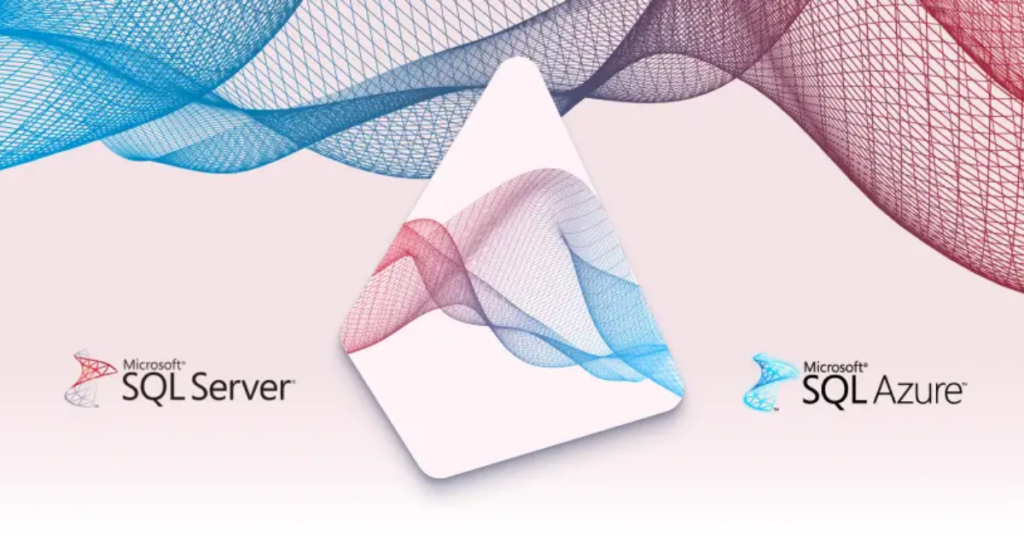The function of databases has become increasingly critical to the success of modern software applications and emerging technologies in an era characterized by rapid technological advancements. As organizations navigate the intricacies of Artificial Intelligence (AI), Machine Learning (ML), Data Science, High-Performance Computing (HPC), Blockchain, and the Internet of Things (IoT), the critical role of robust data storage and processing has become obvious.
Market Growth and Demand for DBMS
The global database management system (DBMS) market is anticipated to reach $98 billion by 2024, with a compound annual growth rate (CAGR) of 8.5% from 2020 to 2024, according to a recent Gartner report.. The ever-increasing demand for efficient and scalable data management solutions to support the diverse requirements of modern software applications is underscored by this surge in market size.
Building a Data-Driven Foundation
The necessity for organizations to establish a robust foundation of data storage and processing capabilities is at the core of this data-driven revolution. Databases have become the foundation that enables these systems to flourish, whether they are web applications that necessitate reliable data storage or enterprise-level projects that necessitate efficient data transmission.
The dependence on databases is even more pronounced in the context of emergent technologies. For example, the availability of extensive, high-quality datasets is essential for the training and refining of artificial intelligence and machine learning models. For these transformative technologies to realize their maximum potential, it is essential to have the capacity to efficiently store, manage, and process this data.
Diverse Database Solutions for Varied Needs
The article emphasizes that the most prevalent databases in use today, including Oracle, MySQL, PostgreSQL, and MongoDB, each have a distinct purpose and offer distinctive features that are specifically designed to meet the diverse needs of contemporary software applications and emergent technologies.
Oracle’s enterprise-grade capabilities render it the optimal choice for large-scale, mission-critical systems, while MongoDB’s document-oriented structure is well-suited to the management of unstructured data that is frequently encountered in contemporary web and mobile applications. for instance.
In the same vein, the proliferation of real-time data processing and analysis in fields such as IoT and High-Performance Computing has promoted the use of databases such as Redis and Cassandra, which are renowned for their ability to provide high-throughput, low-latency data storage and retrieval.
The article correctly observes that numerous organizations that are investigating emerging technologies, such as the recent increase in artificial intelligence initiatives, frequently disregard the significance of establishing a robust data foundation. This oversight can result in substantial challenges in the future, as organizations encounter difficulty in effectively managing and leveraging the data necessary to fuel these innovative solutions.
Benefits of Integrated Data Strategies
Companies that have effectively incorporated their data management strategies with their technology initiatives have reported a 30% increase in the return on their AI investments, according to a study conducted by McKinsey & Company. This underscores the critical interdependence between the successful implementation of emerging technologies and robust data practices.
Moving forward, organizations that prioritize the development of a comprehensive data management strategy that includes both traditional databases and the most recent advancements in data storage and processing will be better equipped to realize the full potential of modern software applications and emerging technologies.
Investing in the Right Database Solutions
Businesses can guarantee that their data foundation is robust enough to support their ambitious digital transformation objectives by investing in the appropriate database solutions that are customized to their unique requirements and in accordance with their broader technology roadmap. This approach ultimately leads to innovation, efficiency, and a competitive advantage in an environment that is becoming increasingly data-driven.




